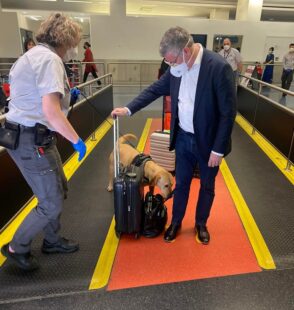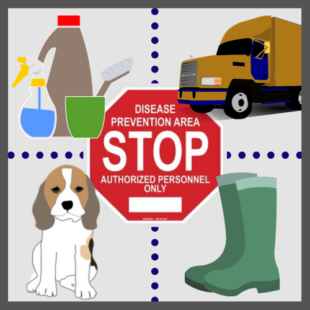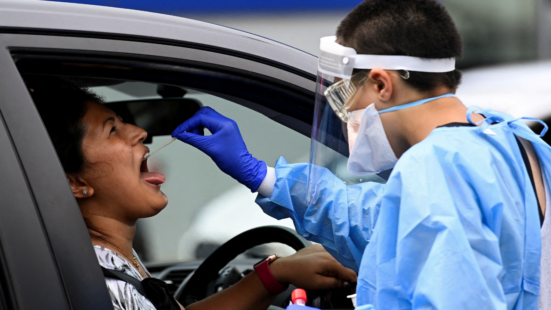
As attempts to stop the spread of foot-and-mouth disease intensify, NSW Agriculture Minister Dugald Saunders is urging all travellers arriving from Bali to have their bags checked. Pigs, cattle, goats, sheep, and other livestock are also affected. Fears that a visitor could bring the illness into Australia on their clothing or footwear were raised after it was first discovered in Indonesia in May and then moved on to Bali earlier this month. Travelers returning from Indonesia must use foot mats or follow other biosecurity instructions because the federal government has used new biosecurity authorities at Australian airports. Additional steps, according to Mr. Saunders, were required at the national level, including the scrutiny of all baggage coming from trouble spots like Bali.
He said, “We need to immediately roll out the rest of the mats in the airports in Australia and Indonesia.” “We also need to see that 100% of luggage coming from certain high-risk places, like Bali, are inspected. If you travel to Bali, expect your bag to be inspected when you get back.” Mr. Saunders claimed that he had discussed the matter with the federal government on a number of occasions. “I believe that is the easiest and best approach to ensure that we have the best chance of keeping it out and keeping people aware of how crucial this is. Without that, we are hearing reports of people speeding through customs even after declaring their belongings and not having their luggage searched, and that is just not acceptable.
However, Mr. Saunders did not support Pat Conaghan, a Federal Cowper MP, in his proposals for a 90-day ban on all but necessary travel to and from Indonesia. He claimed that was something that could be thought about but wasn’t yet put into practice. It has been “hell and back” for the tourism business, so he said, “I think we need to take a careful approach on travel prohibitions. That’s something we can keep for later, if it’s required.” Mr. Saunders noted that individual farmers might take action by, for example, posting signage from Local Land Services at their front gate, while on a visit to a dairy farm in Bowraville on the NSW Mid North Coast. It’s a rather straightforward message, he said, asking people to get in touch with the property’s owner first.
John Usher, the proprietor of a farm in Bowraville, claimed that if the disease were to be discovered in Australia and cattle movements were restricted, the beef sector would be completely destroyed. Though there would be difficulties, “We would at least be able to continue milking,” he remarked. “This is only one of the many difficulties that the environment and everything else have presented to us. Farmers typically just get back up and keep working, but we do need whatever assistance we can receive. To assist farmers in recognising and reporting the early signs of both foot-and-mouth disease and lumpy skin disease, Local Land Services’ knowledgeable staff will connect with farmers through a series of targeted workshops, visits to saleyards, and field days.

Can a $1 mobile phone accessory turn into a crucial tool to address the $1 trillion food waste problem? Yes, according to GoMicro CEO and founder Dr. Sivam Krish, with the help of the Spotcheck App and a phone-attachable magnifier created for precisely determining the degree of ripeness or rotting of fresh goods. In his […]
Read More →
Despite the fact that foot-and-mouth disease is currently making news, Australian experts warn that there are other diseases that we should be on the lookout for. These are the upcoming significant threats, according to experts, some of which have already materialised. Australian biosecurity officers confirmed the presence of the mosquito-borne virus at 70 pig farms […]
Read More →
As the Omicron subvariant takes hold, the number of new coronavirus cases in New South Wales has increased significantly compared to last week. On Thursday, a stark 24,803 new cases were reported in the state. A total of eight deaths have been reported. Currently, 1180 people are being treated for the virus in hospitals, with […]
Read More →